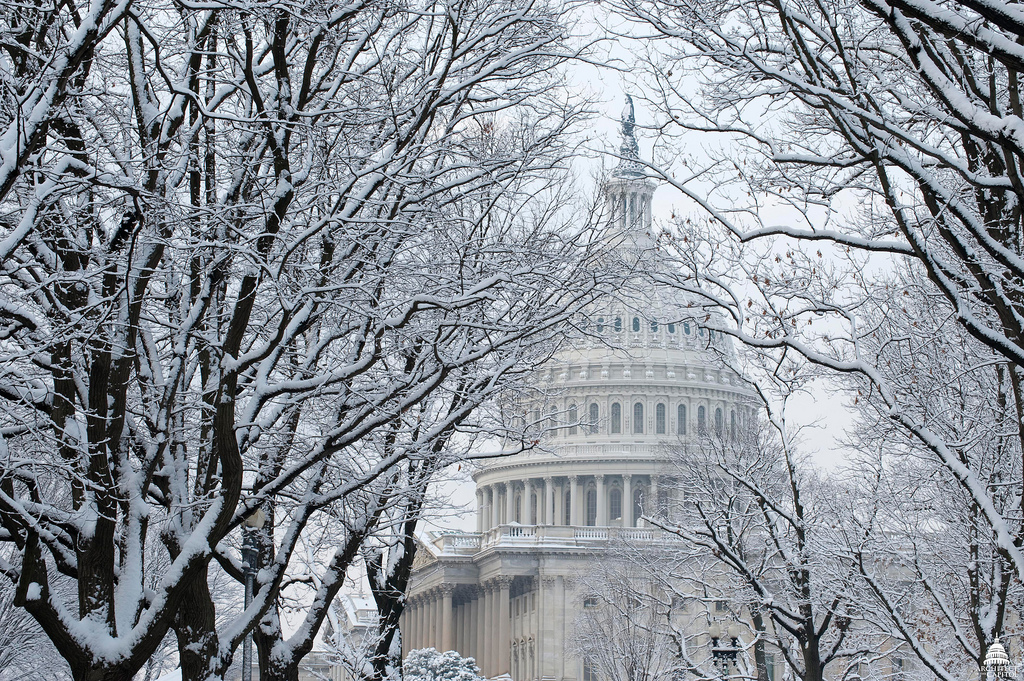Today, the House passed the FY2015 appropriations for the Department of Homeland Security (DHS). In what has been a protracted standoff between the House, the Senate and the Administration, the House passed a clean bill, meaning it was free of any policy riders on immigration that the House GOP had previously attached to similar measures.
This ends a three month standoff between Congress and the Administration on the President’s recent executive order to shield approximately 5 million undocumented immigrants from deportation. In December, Congressional Republicans decided to pass all the FY15 appropriations bills, but for the DHS bill, in an effort to curb the President’s administrative actions, which the House GOP considers unconstitutional. The Department has been funded under a continuing resolution that expired at the end of February.
In January, the House had passed the DHS bill with restrictive funding language essentially curtailing what the Republican’s considered the Administration’s ability to follow through on the executive order. The DHS bill with the policy riders became impossible to pass through the Senate, as Senate Democrats remained unified against the riders and refused to pass anything but a stand alone bill.
Late last week, the House and Senate had to scramble to pass a short-term, one-week extension on DHS funding. Earlier in the week, the Senate passed a clean bill, which was sent to the House for consideration today.
The measure passed 257-167, with 182 Democrats and 75 Republicans voting to beat a Friday midnight deadline for DHS funding to expire. Voting against the measure were 167 Republicans, many in protest to the lack of language to block Obama’s immigration policies.
The bill now heads to the President for his signature.
